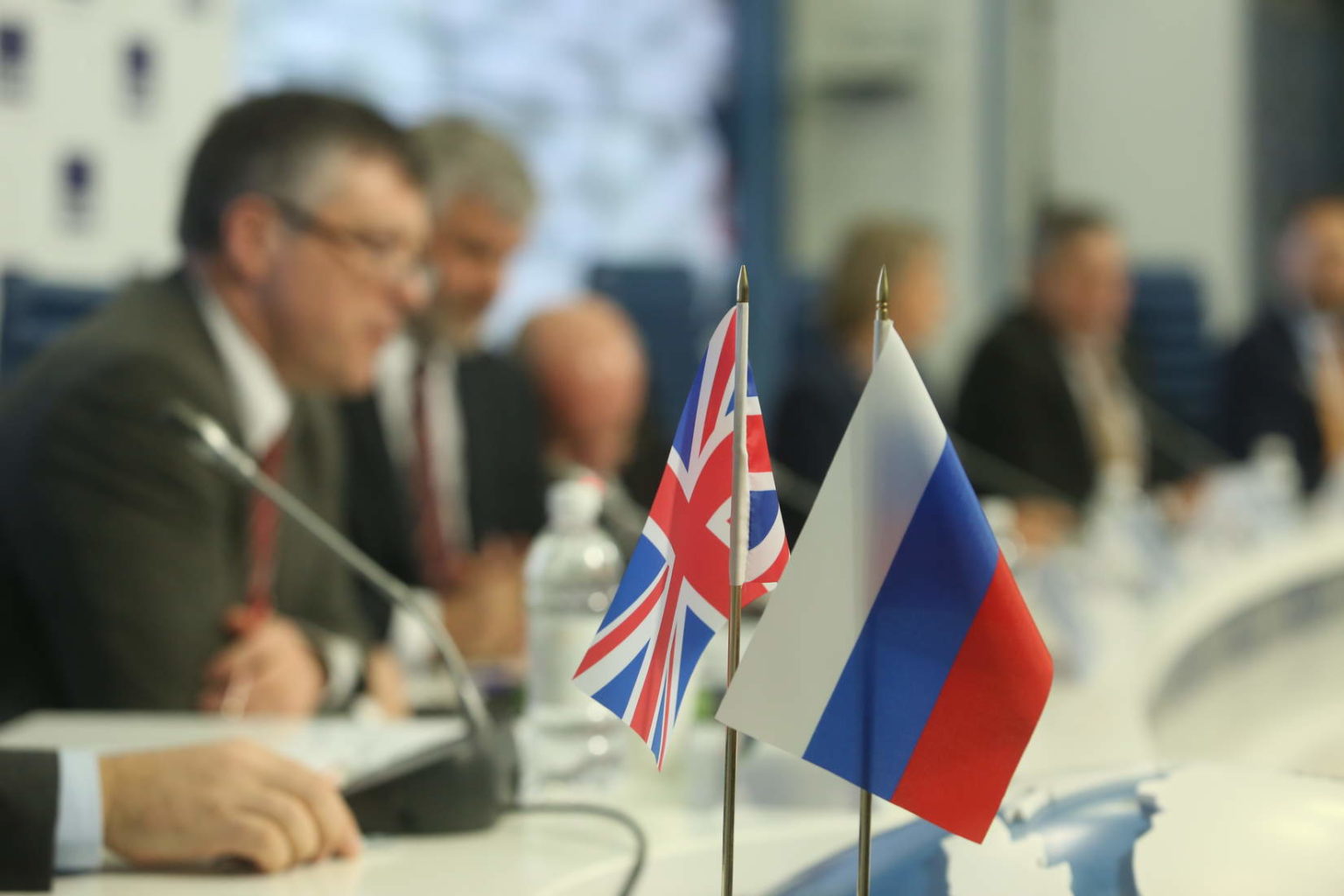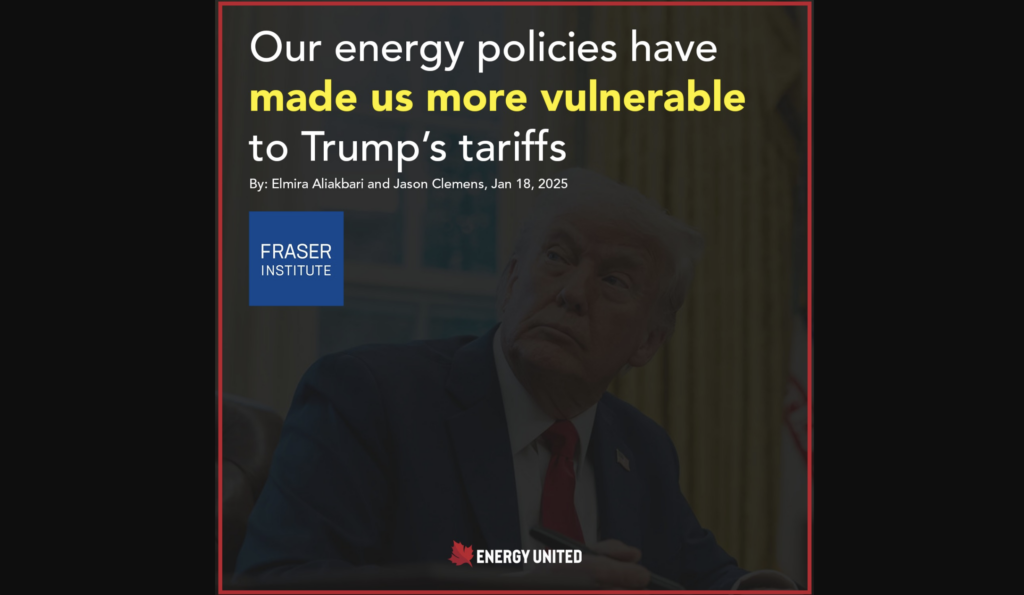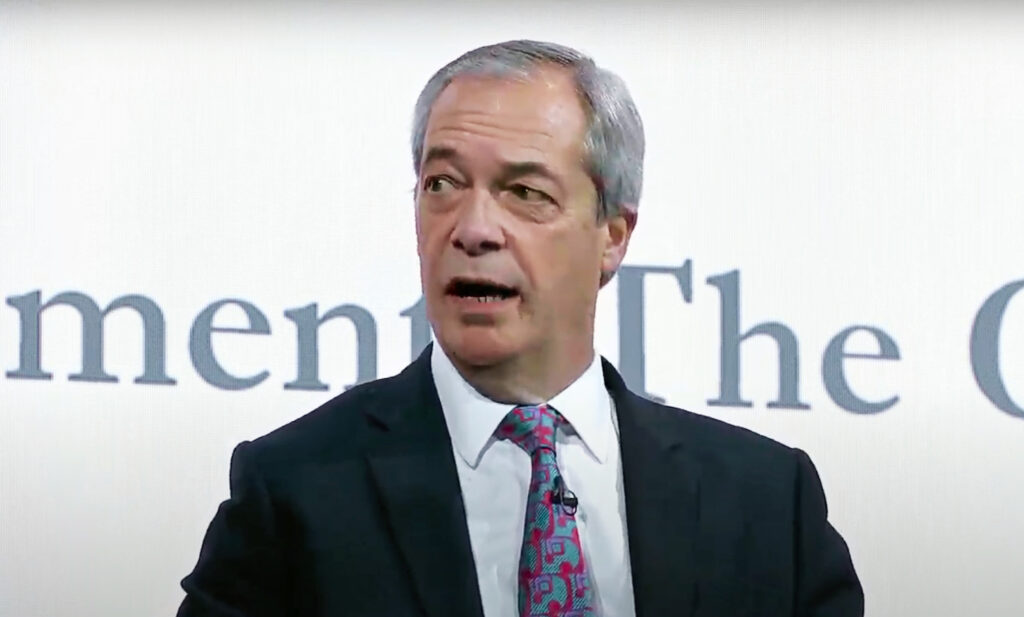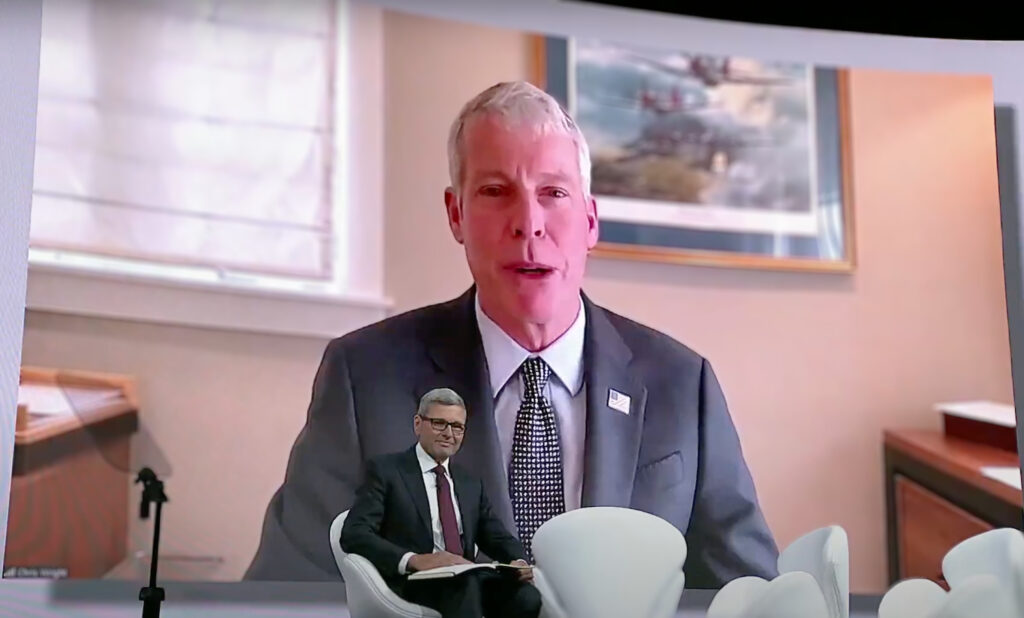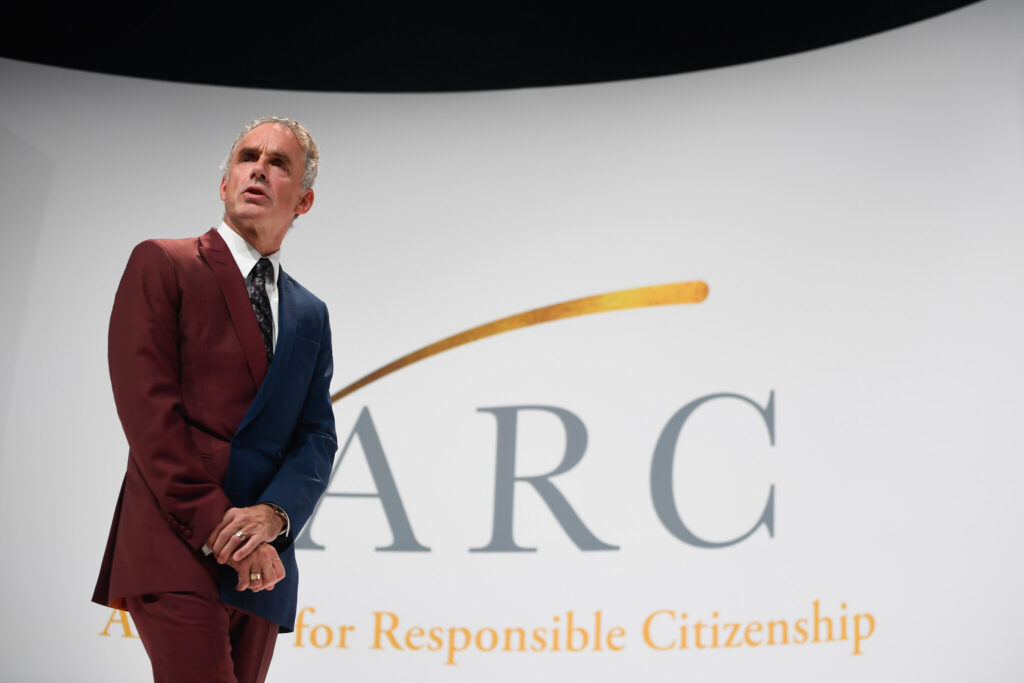Fossil fuel giant BP has a direct line to UK government officials that it uses to further its interests in Russia, email correspondence reveals.
The revelations come just days after prime minister Theresa May said in a speech the UK would use its “international influence to drive positive change”, including continuing “to lead the world” on climate change.
Meeting notes and correspondence dated between November 2016 and September 2017 suggest a cosy relationship between the company, trade ministers and the UK’s Embassy in Moscow. The documents, obtained by campaign group Culture Unstained, show:
- Secretary of state for the Department of International Trade (DIT) Liam Fox met with BP and was thanked for the support the company received from the government;
- The British Embassy in Moscow reached out to company to discuss the “implications for BP” of international sanctions;
- BP held meetings with Russian officials at the British Museum under the auspices of its controversial arts sponsorship deal.
Liam Fox and BP Russia
Emails and meeting notes obtained through freedom of information requests suggest a friendly relationship between Fox, DIT officials, and BP.
Fox has a long history of being allied to transatlantic groups that fund and spread disinformation on climate change on behalf of fossil fuel interests. And Fox’s department has previously lobbied for big oil abroad.
Correspondence between trade minister Greg Hands’ office and BP from November 2016 notes Fox “is keen that Greg had a conversation with Peter Mather, Group Regional President for Europe and Head of Country UK of BP before Christmas”.
In January 2017, a high-level meeting was held between Fox, the DIT’s head of energy Campbell Keir, and BP’s senior executive team.
Large parts of a summary of the meeting have been redacted, but notes from the meeting show the encounter started with a short conversation about Fox’s recent visit to Brazil and the Secretary of State saying “now is a great time to get into Brazil”.
It has since been revealed that trade minister Hands lobbied Brazilian officials on behalf of BP and Shell over taxation and environmental regulation, two months after BP’s meeting with Fox.
According to the meeting notes, a BP official commented “on the good HMG [Her Majesty’s Government] support they [BP] have received” and found “trade envoys very helpful”.
The BP official ended the meeting by asking “what he could do to help government” and asked Fox “to let BP know if there is anything they can do to help HMG”, adding that knowing about the department’s visits abroad in advance “would be helpful”.
Three months later, in March 2017, the DIT hosted a workshop in Aberdeen on “how to break into Russian oil and gas sector”.
A leaflet promoting the workshop and emails between the DIT and president of BP Russia, David Campbell, appear to show how the department played an intermediary role between UK oil and gas companies, including BP, and relevant members of the Russian oil and gas industry.
Emails from the DIT inviting BP’s Campbell to speak at the event show the DIT offered Campbell “1-2-1 meetings” with other companies in attendance along with an invitation to “a Dinner after the event”.
The DIT was also keen to stress that a delegation from Russia would attend the event and “can offer agent contracts for UK companies”.
Responding to the FOI release, a spokesperson for the DIT told DeSmog UK:
“The UK’s priority, at home and abroad, is to encourage international investment opportunities for UK businesses – ensuring they can build fruitful relationships with overseas partners.
“We work with a range of companies in the Oil and Gas industry, which supports over 300,000 jobs in the UK, and accounts for £73 billion in trade between the UK and the rest of the world.”
Sanctions
The emails also suggest that the British Embassy played a key role in connecting BP with UK government officials as the US was considering placing economic sanctions on Russia.
In July 2014, prior to the US sanctions, the EU imposed economic sanctions that restrict trade with three major Russian energy companies as well as the export of some industrial technology. The EU has said the sanctions will remain in place until the the Minsk Agreement is fully implemented.
In August 2017, President Trump signed a law that saw the US put sanctions on Russia. The sanctions were expected to hit international operations in the country, including the energy sector, with many companies warning of the disruption it would cause to their activities.
Emails show how the UK embassy set up a meeting between British embassy officials and BP’s CEO Bob Dudley on the fringe of the St Petersburg Economic Forum on 2 June 2017.
A fortnight later, two days after the US imposed new sanctions on Russia, the British Embassy contacted BP Russia President David Campbell asking for “a quick chat in the next couple of days to talk through the possible implications for BP”.
The Financial Times reported that BP said it was expecting to be able to “work very carefully within the sanctions”, having previously warned of “very significant unintended consequences” of an earlier draft of the bill.
The Trump administration is still working out the details of how to implement the sanctions.
Sponsorship
The emails also seem to show that the benefits BP receive from its controversial sponsorship of the British Museum go beyond boosting its brand.
An email from May 2017 shows the British Museum’s public affairs manager invited the Russian ambassador and cultural attache to meet BP staff in advance of the press launch of an exhibition sponsored by the company.
In a follow-up email, the Russian embassy press office said the ambassador described the meeting as “very useful and positive”.
It is not the first time that the UK’s publicly funded museums have been used to further the company’s commercial interests. A previous series of emails revealed how BP pressured its cultural partners to increase the number of government VIPs that attended events related to its sponsorship deals.
DeSmog UK also previously revealed how another fossil fuel company, Shell, got privileged access to the National Gallery as part of its sponsorship deal.
BP did not respond to a request for comment for this story.
Image credit: British Council/Flickr CC BY–NC–SA 2.0
Subscribe to our newsletter
Stay up to date with DeSmog news and alerts


